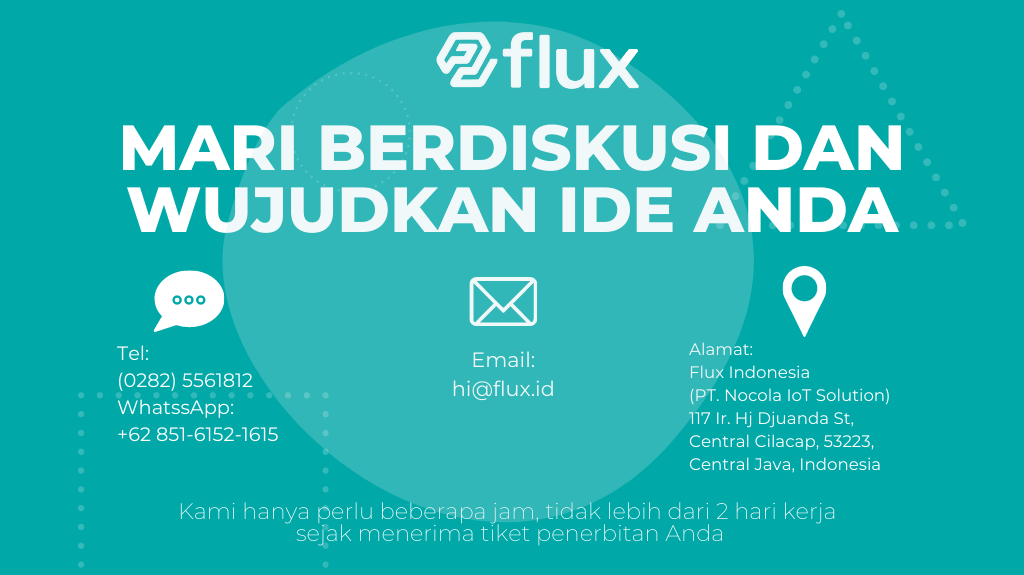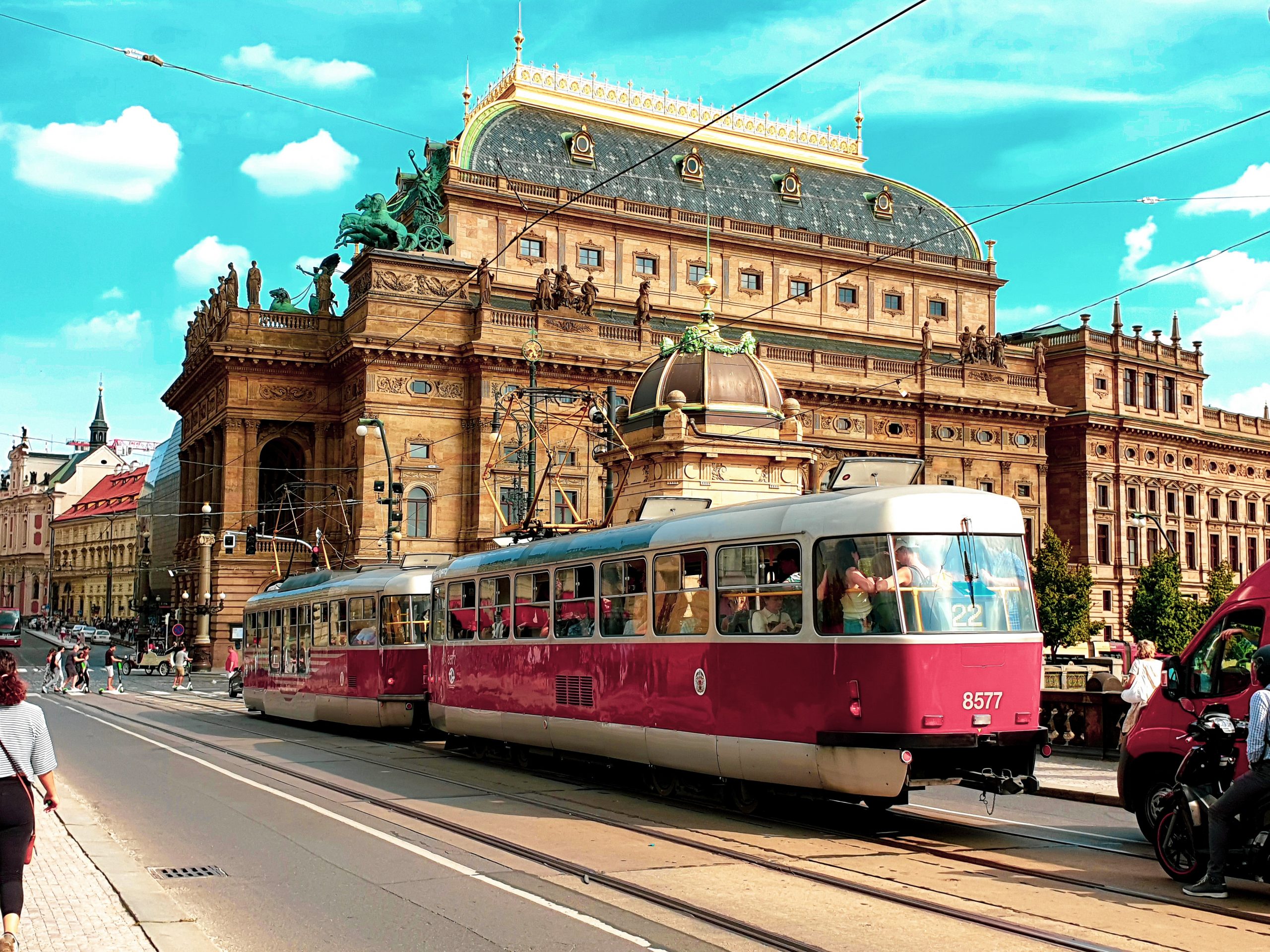Don't miss our holiday offer - 20% OFF!
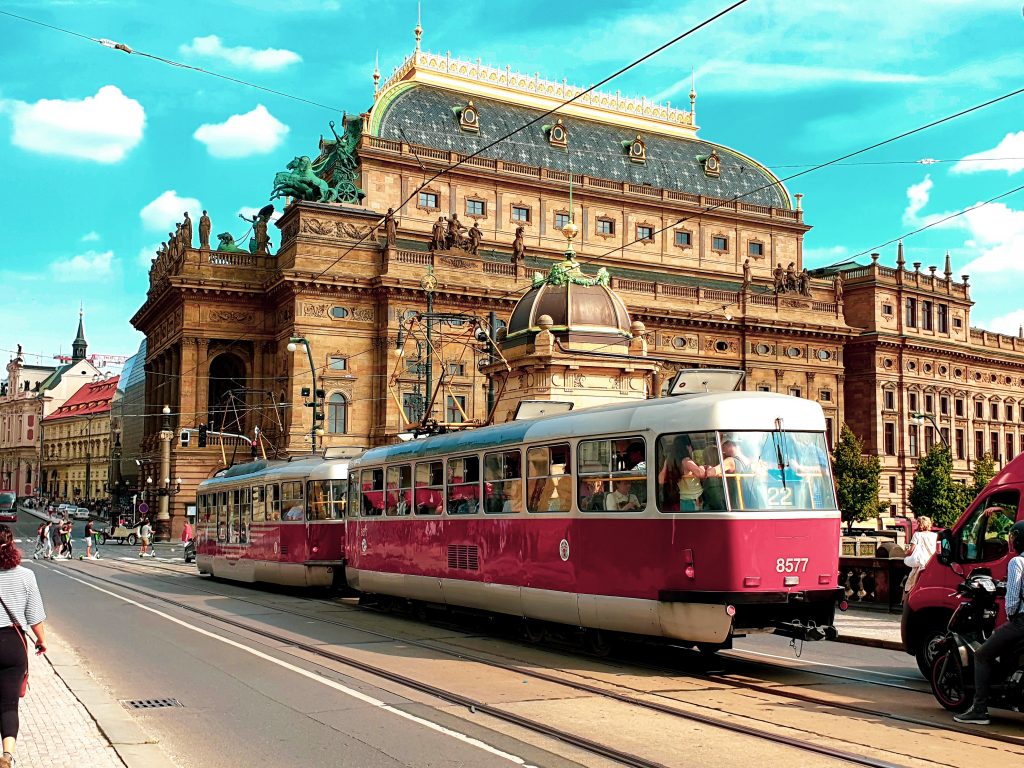
Read also : Utilizing Water Sensors for Greener, Energy-Efficient Buildings
Heavy urban traffic is a major challenge faced by transportation authorities worldwide. Congestion, air pollution, and transportation delays are common issues. However, with the evolution of Internet of Things (IoT) technology, transportation authorities can address these issues more efficiently and effectively. In this article, we will explore how the use of IoT sensors can optimize urban mobility and enhance traffic management by transportation authorities.
Utilizing IoT Sensors for Traffic Monitoring
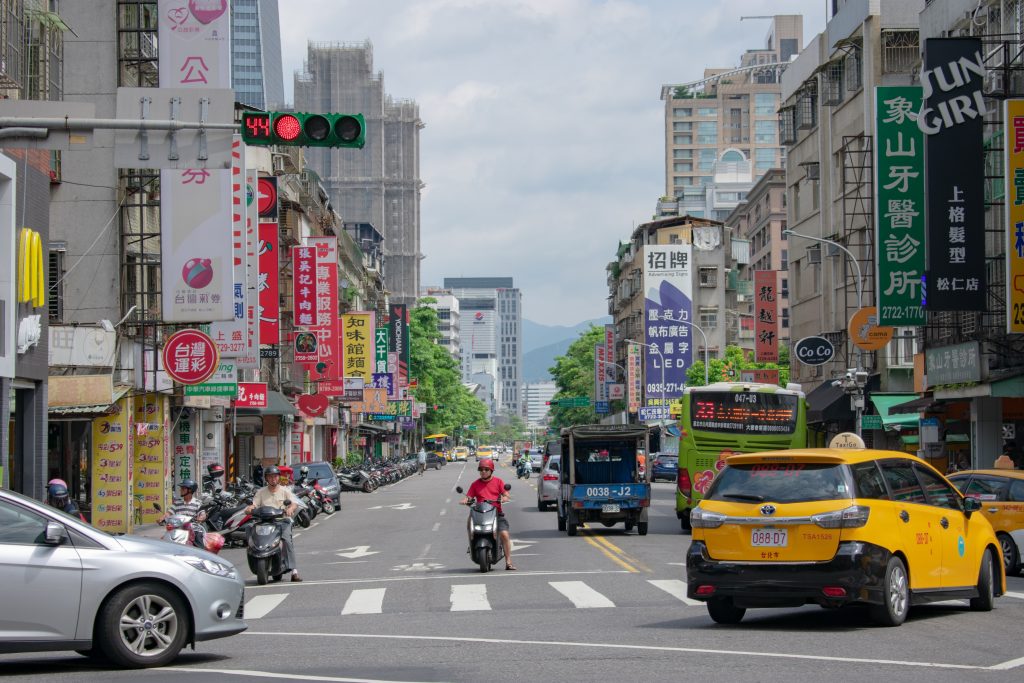
Read also : Gas Sensors : Monitor the Health and Safety of Electric Motors
IoT sensors are small devices capable of real-time data detection and transmission over the internet. These sensors can be strategically placed throughout the city, at intersections, public transportation routes, and parking areas. Information collected by these sensors, such as traffic density, weather conditions, and air pollution, can be used by transportation authorities to optimize urban traffic. One primary application of IoT sensors in traffic management is real-time traffic monitoring. With data obtained from these sensors, transportation authorities can monitor traffic and pinpoint congestion areas more accurately. This enables them to respond promptly by adjusting traffic signal patterns or diverting traffic to reduce congestion.
Enhancing Public Transportation
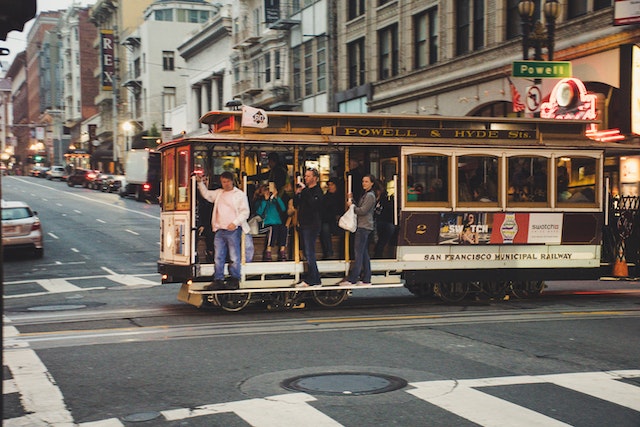
Read also : Electrical Sensors Enhancing Energy Efficiency and Cost Savings
Additionally, IoT sensors can contribute to improving public transportation. By installing sensors on public vehicles, transportation authorities can track the location and performance of these vehicles. This allows them to provide real-time information to passengers about estimated arrival times and optimize public transportation schedules.
Conclusion
The use of IoT sensors in traffic management by transportation authorities represents a significant step forward in the effort to optimize urban mobility. With real-time data obtained from these sensors, transportation authorities can respond more swiftly to traffic issues, reduce congestion, and enhance the quality of public transportation. As IoT technology continues to advance, we can expect further improvements in urban traffic management, which will ultimately benefit urban communities as a whole. By consistently harnessing this technology, we can create more efficient, sustainable, and environmentally friendly cities.
